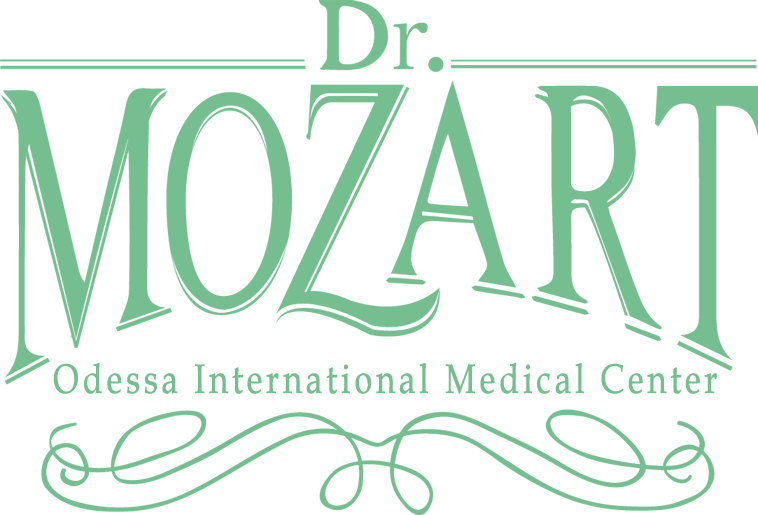
Treatment of vasomotor rhinitis and hypertrophic rhinitis
What is vasomotor rhinitis?
Rhinitis is an inflammation of the membranes inside the nose. Irritants or allergens can cause this inflammation. There are also times when there’s no specific cause for the inflammation. Other names for this condition are nonallergic rhinitis and idiopathic rhinitis.
Diagnostics:
If suspicion of vasomotor rhinitis is present, we carry out diagnostic endoscopy of the nose, which allows us to consider the smallest anatomical structures of the nose, ususally inaccessible to normal examinations.
Then a functional adrenaline test is performed. To do this, we conduct a study of nasal breathing using – the rhinomanometer. This is the only objective method to date, which allows us to determine the degree of the problem.
Treatment:
Because vasomotor rhinitis is a problem that is different from person to person, the treatment tactics for each patient are selected individually. In some patients with vasomotor rhinitis associated with somatic pathology, the therapeutic effect is observed when the underlying disease is eliminated. However, the root cause is not always cured and most of the patients undergo surgery – submucosal vasotomy with bipolar coagulation of the mucous nasal concha.
What is hypertrophic rhinitis?
Hypertrophic rhinitis is a chronic disease of the mucous membrane of the sinuses, characterized by uncontrolled tissue growth. This pathological condition leads to the fact that the nasal mucosa is thickened, which causes a shortness of breath. In severe cases, it can also increase the volume of bone skeleton of the nose.
Diagnostics:
The diagnosis is established only after the diagnostic endoscopy of the nose and rhinomanometry.
Treatment:
Since this disease is based on structural changes in the mucosa, the main method of treatment is surgical.
An operation is performed, which is called endoscopic conchoplasty. The operation is very gentle, its duration is 10-15 minutes and can be performed both under general anesthetic and under local anesthetic. The very next day, after removal of the hemostatic tampons, patients experience a significant improvement in nasal breathing.
After 3 days following the operation, patients can return to normal physical activity.
Contact us now to get more information or a free consultation!


